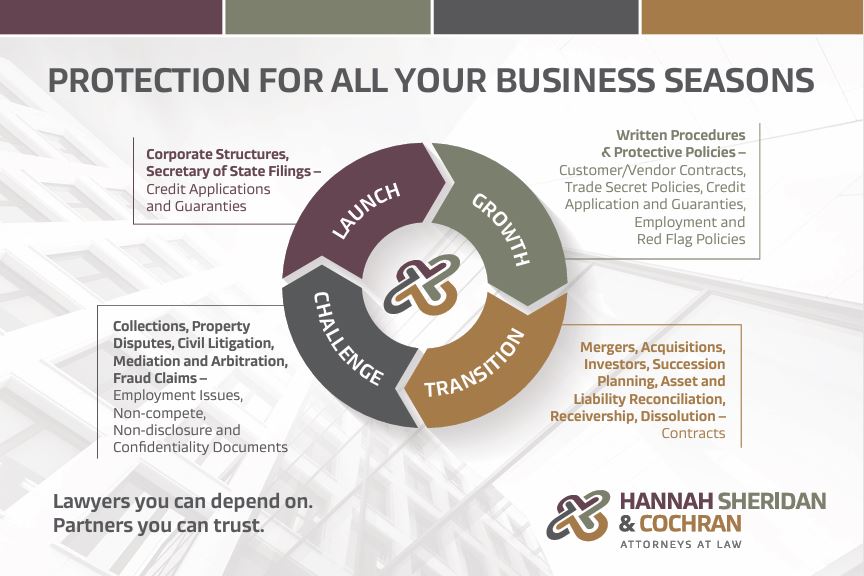In an uncertain and ever-changing economic landscape, businesses are motivated to protect their economic interests,…

Bankruptcy Preference Amendments: Consolidated Appropriations Act of 2021 Helps Protect Suppliers and Landlords as Preference Defendants
Have you ever tried to be nice to a struggling customer only to have a bankruptcy trustee later send you a letter telling you that you have to return money that customer paid in the 90-days before they filed bankruptcy? This question could be especially vexing in the time of COVID where you agree to give a customer more time to pay, receive the late payment as agreed, and then receive a “preference letter.” For once, Congress seems to understand the problem and has created a temporary fix.
In December 2020, Congress passed the Consolidated Appropriations Act (CAA). The CAA provided various forms of economic relief to help address the effects of COVID-19. Within the bill, Congress included a temporary amendment to Section 547 of the United States Bankruptcy Code.
The temporary amendment in the CAA helps to avoid the situation described above. The amendment provides that payments made by a debtor after March 13, 2020 cannot be “clawed back” from landlords of nonresidential real property and suppliers of goods or services to the extent that such deferred payments do not include any fees, penalties, or interest in an amount greater than the fees, penalties, or interest the debtor otherwise would have owed without the deferral. To qualify for this exemption, (a) the debtor and counterparty must have entered a lease or executory contract before the bankruptcy filing, (b) must have amended the lease or contract after March 13, 2020, and (c) the amendment must have deferred or postponed payments otherwise due under the lease or contract.
This temporary amendment will allow for suppliers of goods and services to continue to support struggling customers by agreeing to postpone or defer payments during the COVID-19 pandemic. Although this temporary amendment will expire on December 27, 2022, it is a great step in providing additional protection to creditors who are willing to work with their debtors during these difficult financial times.
By: Rachel Rogers


